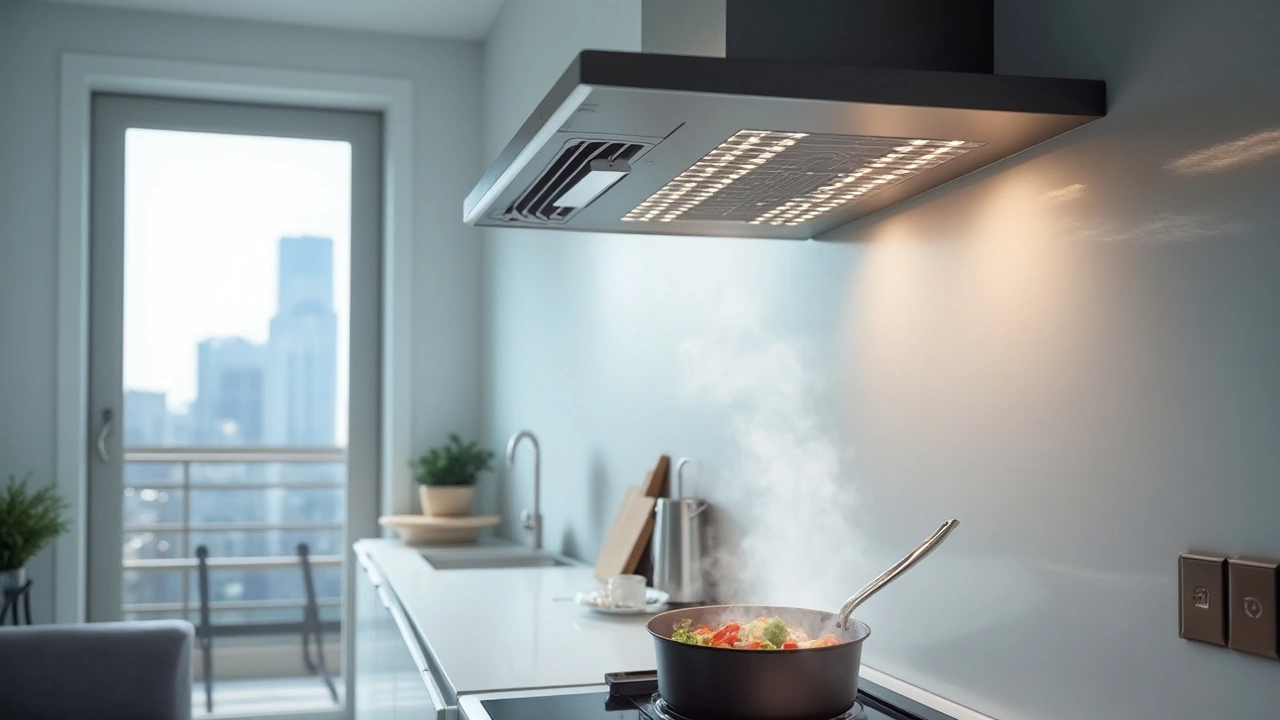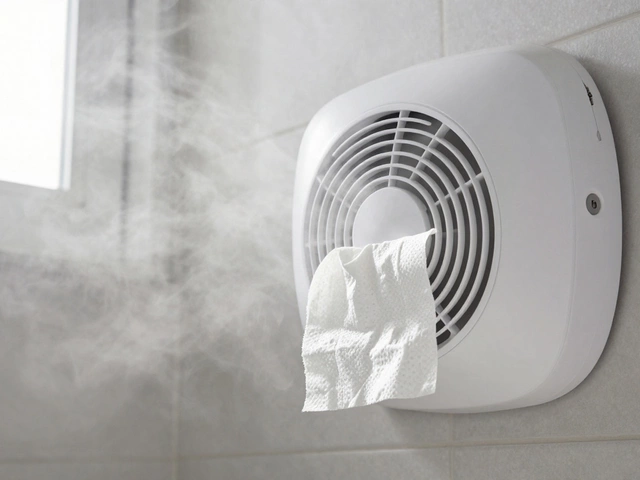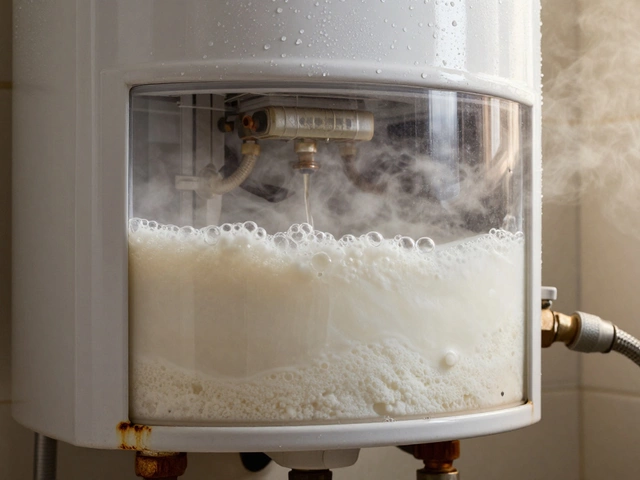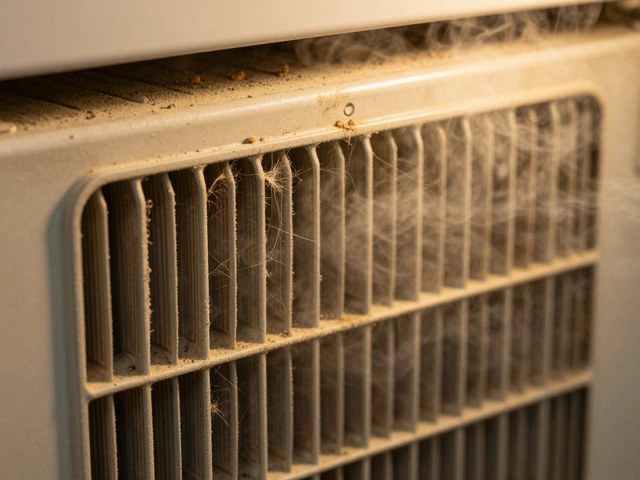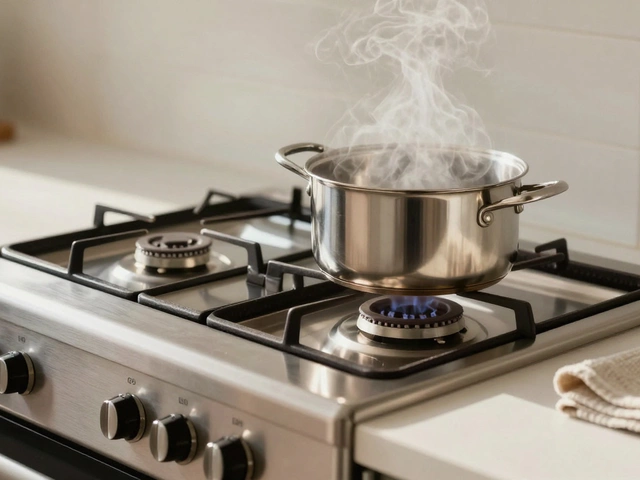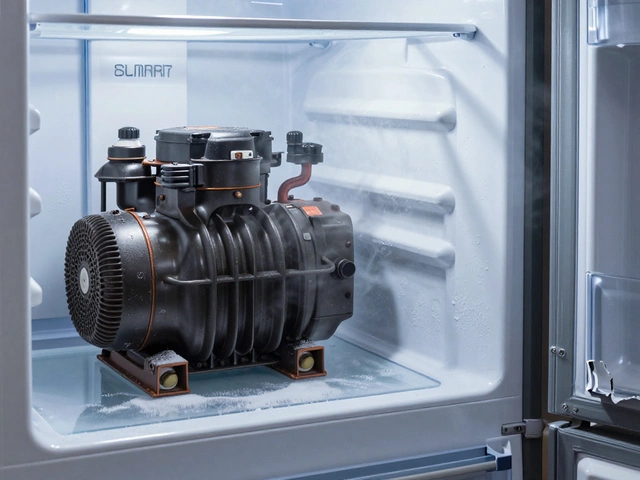Repair Tips – Simple Fixes for Common Appliance Problems
Got a noisy washing machine, a fridge that won’t cool, or an oven that never heats up? You don’t have to panic. Most everyday issues have a quick fix you can try before you dial a technician. Below are straightforward steps that work for the most common appliances.
Everyday fixes you can try
Refrigerator not cooling: First, check the thermostat setting. Make sure it’s not set to “off” or “warm”. Next, clean the condenser coils at the back – dust makes them work harder and can cause overheating. If the door seals are cracked, warm air leaks in, so replace the gaskets. After these steps, give the fridge 24 hours to stabilise.
Dishwasher won’t drain: Remove any food debris from the filter at the bottom of the tub. A clogged filter is the usual culprit. Then inspect the drain hose for kinks or blockages. Run a short wash cycle with a cup of white vinegar to clear lingering grease. If water still pools, the pump may need professional attention.
Washing machine won’t spin: Ensure the load is balanced; overloaded drums cause the machine to stop spinning. Open the door and redistribute clothes. Next, check the water level switch – a faulty switch can think the tub is still full. Clean any lint or debris around the pump inlet. Run a spin‑only cycle to test.
Oven not heating: Look at the heating element for visible cracks or broken spots. If it looks fine, the thermostat may be misreading temperature. Turn the oven off, let it cool, then reset the thermostat by turning the knob to “off”, waiting a minute, and setting it back to the desired temperature. If the oven still stays cool, call a pro to test the control board.
Water heater keeps tripping the reset button: The reset button trips when the heater overheats. Turn the power off, let the unit cool for 30 minutes, then press the reset button firmly. Check the temperature setting – 120°F (49°C) is usually safe. If the heater blasts cold water again, sediment buildup might be the issue; a flush of the tank can clear it.
When to call an expert
Even the best DIY fixes have limits. If you notice any of these signs, it’s time to call a qualified technician:
- Strong burning smells from any appliance.
- Repeated breaker trips or electrical sparks.
- Leaking water that can’t be stopped by simple hose checks.
- Noise that sounds like grinding metal or rattling in the motor.
- Persistent error codes on digital panels.
Professional repair saves you from dangerous mistakes and can extend the life of the appliance. Experts have the tools to test components you can’t see, and they know the safety standards for gas, electrical, and water‑related repairs.
Keep a small toolbox handy – a screwdriver set, pliers, and a multimeter can cover most quick checks. Write down the model number of each appliance before you start; it helps you look up the right parts if needed. Finally, schedule regular maintenance: a quick coil clean for the fridge, a hose flush for the washer, and an annual check‑up for the boiler can prevent costly breakdowns.
With these simple tips, you’ll feel more confident tackling minor problems and knowing exactly when to bring in the pros. Your home will run smoother, and you’ll save time and money along the way.
Understanding the Lifespan of Extractor Fans: Maintenance and Longevity
- Alden Wilder
- Nov 14 2024
- 0 Comments
Extractor fans play a crucial role in maintaining air quality and reducing humidity in various spaces. The lifespan of these fans typically ranges depending on usage, quality, and maintenance practices. Regular upkeep significantly extends their functionality, while neglected fans might face premature failure. This article explores factors affecting their longevity and offers practical maintenance tips to ensure they work efficiently for many years.
View More